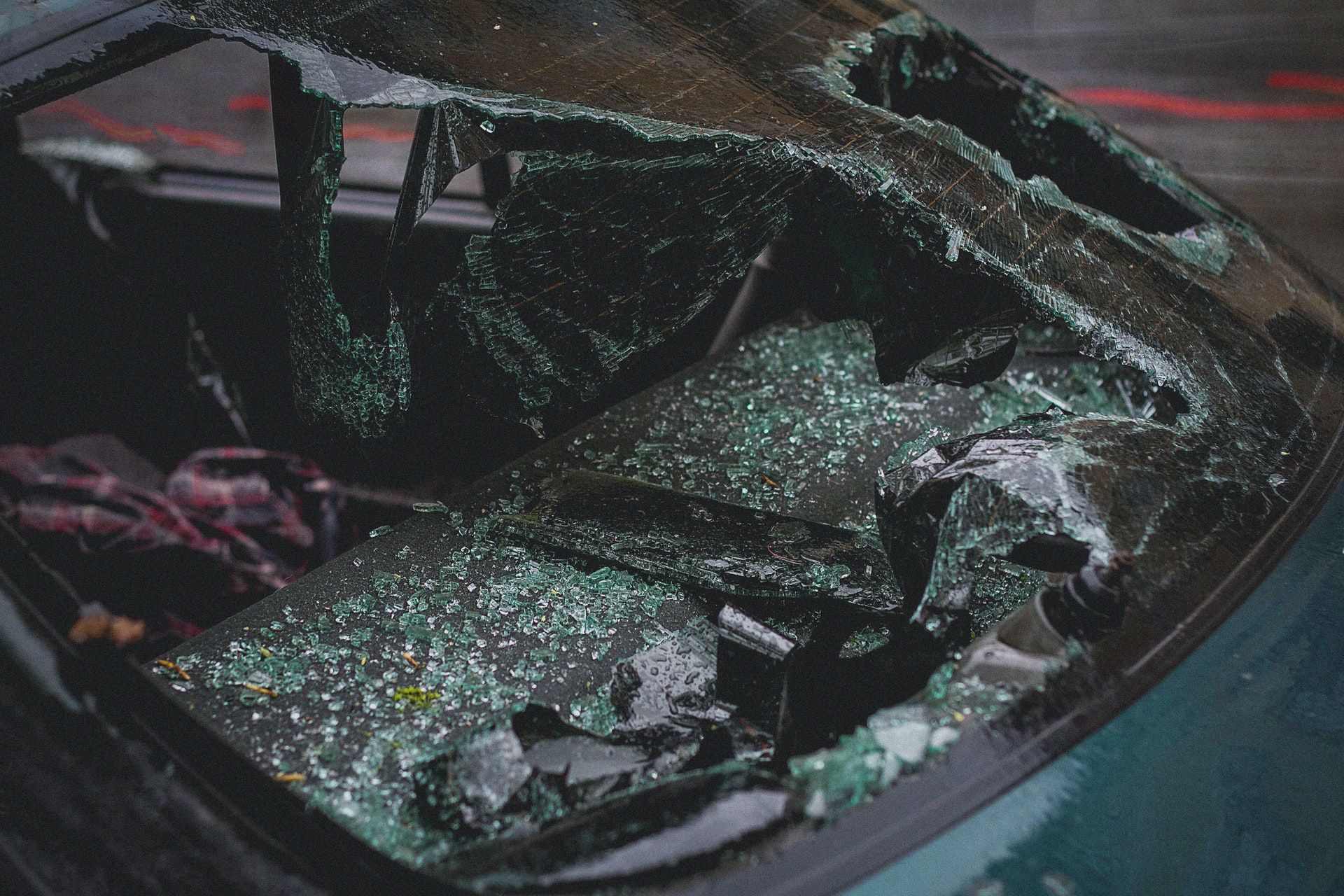Turbo Troubleshooting – 4 Common Problems with Turbocharged Vehicles and How to Fix Them

Source: MichaelGaida / Pixabay
Supercharging your car can be a fun, exciting feature with the addition of a turbo. However, for all their value and added excitement, they can also create a few complicated nightmares.
Have you noticed any weird sounds or feelings? Are you spending more on fuel? What about the strange exhaust smoke? Your turbo could be to blame, but how? Here are four of the most common problems with turbocharged vehicles and how you can fix them:
Compressor Surging
Nothing gets the blood pumping more efficiently than putting your engine on boost and letting it do its thing. You can feel the cold wind blowing through your hair, the sound of the engine humming and that ‘cool’ feeling when you’re showing off your car to fellow enthusiasts. Then you notice the compressor surging because the significant volume of compressed air is trying to find its way out.
That’s where a blow off valve comes in. Instead of waiting for that compressed air to push itself back into your turbo and cause compressor wheel stalling, you create the passage it desperately needs. A blow-off valve vents off the pressure between the turbo and the throttle body, ensuring that your turbo is not put under unnecessary pressure, leading to its untimely demise.
Excess Exhaust Smoke
A smoky vehicle usually never means anything good, and that’s the case with turbocharged cars, too. If you notice that you have a lot of smoke coming out of your exhaust pipe, then there is a problem. After all, a turbo is supposed to combat that issue, not cause it.
In the case of blue smoke, there’s a decent chance that a turbo housing crack is to blame. Once there is a crack in this area, oil can leak into your exhaust system and cause excessive smoke. To fix this problem, visit your local mechanic or start pricing up a new turbo.
Bigger Fuel Bills
Most people know how much they spend on fuel each week, but have you noticed that you’re spending more than usual? Those with turbocharged vehicles can feel the pinch at the pump due to issues with a faulty turbo.
Note how many miles to the gallon you are getting, or if you’re visiting a gas station more often than not. Sometimes, raw fuel leaking from your turbo into the exhaust without being burned is the cause of the issue. If that’s the case, you may need to seek help for a replacement turbo.
Black Smoke
Those who have turbocharged engines will be all too familiar with their benefits, but what about their drawbacks? A common problem many people face is excess black smoke. What could it be? While black smoke can have many causes, none of them are ever anything good.
See your mechanic about the possibility of a burnt engine, turbo compressor blocked air intake duct or a clogged air filter. While the solution could be simple, it could also be a sign of something both fatal and expensive in your engine.
Anyone with turbocharged vehicles will forever sing their praises. After all, they can deliver more horsepower, save fuel, and make you look pretty cool. However, when things go wrong with them, they can really go wrong. If you notice any of these problems above, it’s time to act – and fast. The quicker you come up with a solution, the faster you can be back out on the road in your fresh set of wheels.


